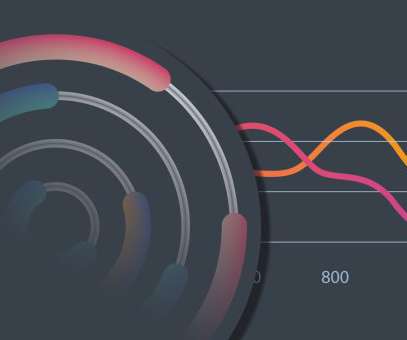Big data – charting a new path to drug discovery and development
Drug Discovery World
JULY 11, 2023
Drug discovery and development timelines can span 10-15 years or more from initial discovery to market approval and typically require the analysis of massive amounts of data. Clinical Decision Support Software, Guidance for Industry and Food and Drug Administration Staff Document issued on September 28, 2022.

















Let's personalize your content